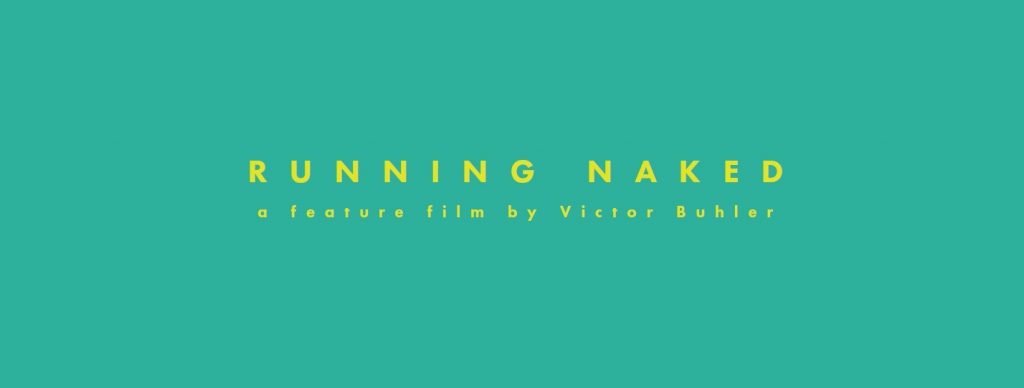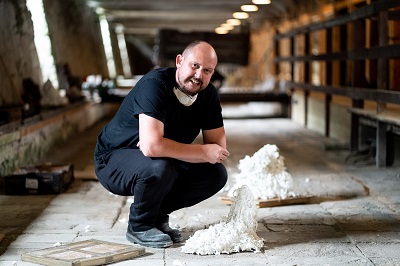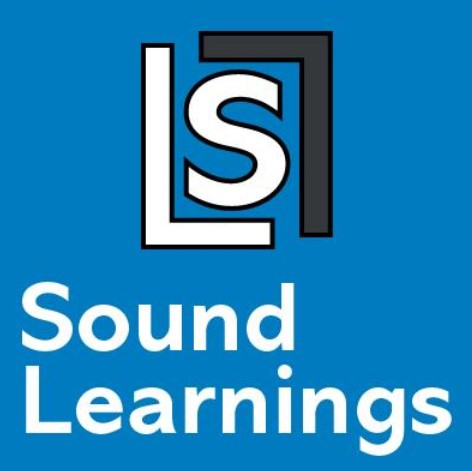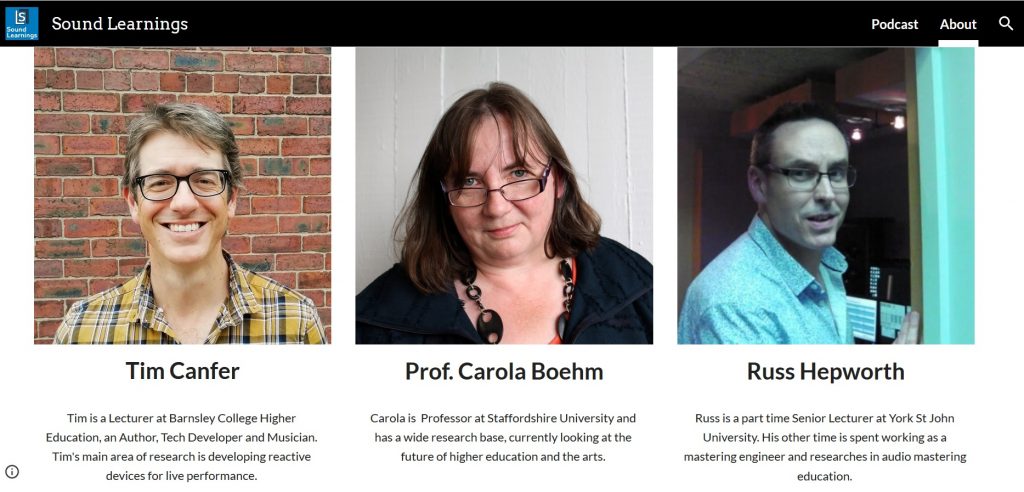Staffordshire University’s new Department of Media and Performance (formerly Film, Media & Journalism, Humanities and Performing Arts) is organising an international and interdisciplinary conference around the themes of Connections. It will take place online on 24th April 2021.
More information about the conference is at its own website.
This conference seeks to consider the ways in which creative digital communities start, develop and grow, what is created within those groups and how real connections are built through technology sharing and eventually within the virtual environment of online discussion and dissemination. We welcome contributions from across the sector from traditional print media forms to film and television, and gaming and interactive technology, offering the opportunity to explore both applied and theoretical explorations of this area of communities within the digital world. We aim to publish a selection of these contributions in an edited collection developed as a result of the conference.
Topics of interest:
- Real-world versus digital communities
- Audio-visual communication practices
- Interdisciplinary community-connections
- What is the future of communities?
- Visibility and identity in communities
- Local vs global communities
- Sports, digital media and communities
- Healthcare and community
- Community inclusion and exclusion
- Performance
Deadline for submissions is 18th December 2020. For more details on how to submit please see the Call for Papers.
For any enquiries, please contact: Agata.Lulkowska@staffs.ac.uk








